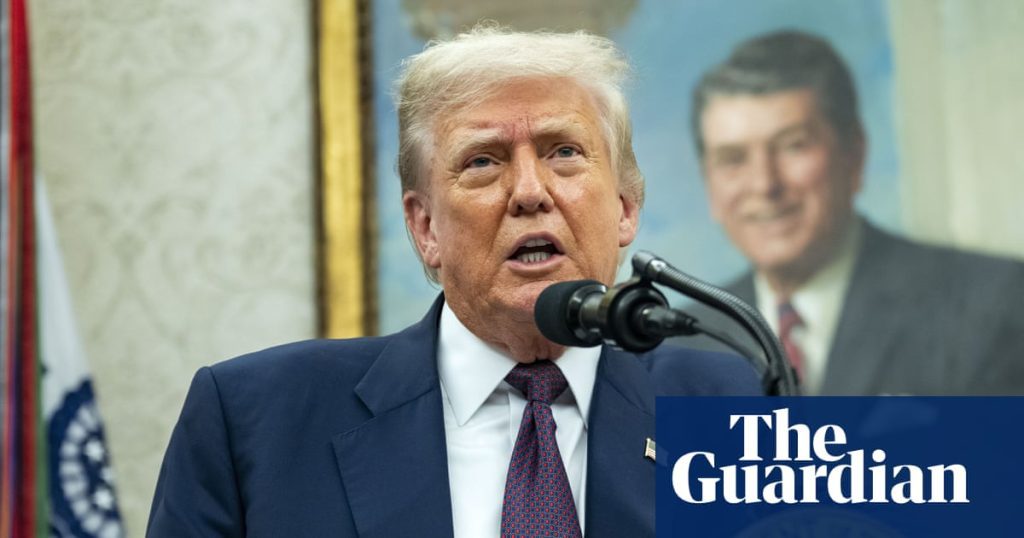Global Response to New US Tariffs
Over 60 nations are racing to react to the new tariffs imposed by Donald Trump, which took effect on Thursday. Industry advocates from various economic backgrounds are raising alarms about potential job losses due to tariffs that disrupt a long-standing global trading system, with rates varying from 10% to as high as 41% affecting countries like Switzerland, Brazil, and Syria.
World leaders are hurriedly setting up contingency plans after Trump’s tariff threats became real shortly after midnight in Washington. The Brazilian government announced a state aid initiative for impacted firms, with President Luiz Inácio Lula da Silva condemning the tariffs as “unacceptable blackmail.”
In Switzerland, officials are seeking dialogue with the US following the unsuccessful visit of President Karin Keller-Sutter to Washington, aimed at averting a 39% tariff that the Swiss industry group Swissmem described as a “horror scenario.” The Swiss cabinet acknowledged the tariffs’ potential strain on the country’s export-driven economy, with Keller-Sutter emphasizing the difficult situation facing affected companies and workers.
Similarly, Taiwan, which faces a 20% tariff, is in ongoing discussions with the US, with President Lai Ching-te labeling the rate as “temporary.” Ireland, tied to an EU-US agreement that caps tariffs at 15%, plans to unveil strategies to diversify its economy, heavily reliant on US firms like Intel, Pfizer, and Johnson & Johnson, that are now under scrutiny.
Lesotho, despite a last-minute tariff reduction from 50% to 15%, is already feeling the impact. The local textile industry, dependent on US orders for products like jeans for companies including Levi and Walmart, reported severe disruption with canceled orders and job losses due to the tariff uncertainties in preceding months.
Laos, facing a 40% tariff increase, highlighted the challenges experienced by its industries. Johannes Somers, from a local garment firm, stated that such a high tariff severely harms any business attempting to export to the US, estimating that around 20,000 jobs could be affected.
The comprehensive “reciprocal” tariff rates were officially announced by the White House just before the previous deadline. President Trump claimed that billions would flow into the US, even though higher customs duties generally make exports more expensive for consumers. Additionally, some trading partners like the UK and several Asian nations had already negotiated better terms, minimizing the extent of the tariffs imposed. The EU remains the only trading partner where an integrated tariff structure applies, but existing higher rates on EU car imports continue to pose challenges.



